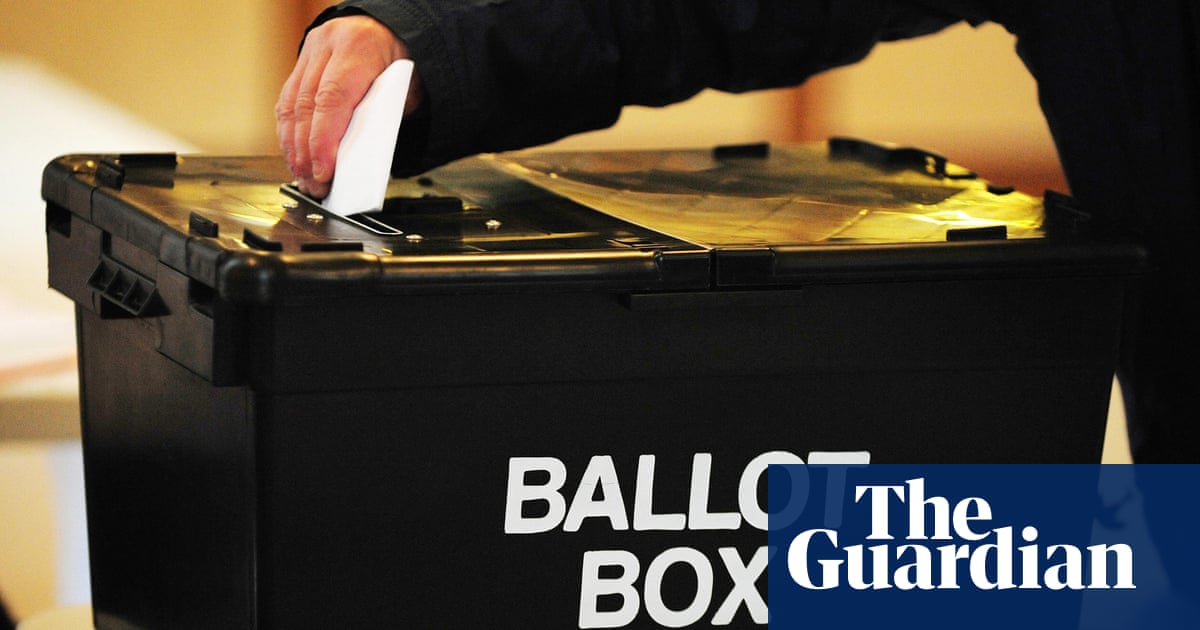“To me, the most beautiful word in the dictionary is tariff, and it’s my favorite word,” said Donald Trump last month. Pundits, politicians and financial markets are trying to figure out why, since he announced a week ago that he would impose tariffs on the United States’s three biggest trading partners: 25% for Mexico and Canada, and 10% for China.
One theory is that tariffs can be a beautiful distraction. Trump, more than any previous US president, has fed on distractions for years, both to campaign and to govern. He can move seamlessly from one distraction to the next, like a magician preparing for the opportune moment to pull a coin from where it appears to have been hidden behind your ear.
Although he still has seven weeks before he takes office, he could use a distraction that can start sooner. He has run into problems with appointments to his cabinet. Of course he could easily find people who would do his bidding and be acceptable to a Senate with a Republican majority. But that would defeat the main purpose of nominating people such as Matt Gaetz and probably others whom Trump has named: to force Republican senators to display the abject subservience that Trump needs to be public, in order to ensure his unwavering dominance within his party.
This is no small part of his governing strategy; it involves a big takeaway from the failures of his first term, from his point of view. The lesson is: loyalty to Trump first. Violators will be banished. And with small margins in the Senate and the House, things could begin to unravel if this core imperative goes unenforced.
But the days before Trump actually takes office could also be the best time for him to use the threat of tariffs to begin bullying foreign governments for things that might benefit his allies, donors or himself. Other governments besides the three that he named are trying to figure out what they can offer Trump to avoid the economic disruption of tariffs. Christine Lagarde, the head of the European Central Bank, who does not see Trump as a friend, has urged the EU to negotiate with him, rather than adopt a retaliatory, eg tariff, response.
Trump’s two offered pretexts for the tariff threat – migration and drugs, in this case fentanyl – are not credible. About 18% of the undocumented people encountered by border patrol over the past year have been from Venezuela and Cuba, two countries that have been devastated economically by sanctions imposed by the US government. If reducing immigration were really Trump’s concern, he would not have deployed sanctions that have driven millions of people from their homes to the US border; and he could end these sanctions in January by himself.
Broad economic sanctions are a form of economic violence which targets civilians in order to achieve political ends, including regime change. US congressman Jim McGovern, a Massachusetts Democrat, made this clear in a letter that he wrote to Joe Biden asking for the sanctions on Venezuela to be dropped. The Trump sanctions in Venezuela in 2017 killed tens of thousands of civilians during the first year, and many more in the years that followed, including under Biden.
As for fentanyl, about 75,000 people died from overdoses of this drug in 2023. But it’s difficult to see how Trump’s tariffs could help solve this problem. It’s a glaring example of how more than four decades of a failed “war on drugs”, based on criminalization of use and supply-side intervention, have made things worse. In this case the drug war has led to an innovation – fentanyl – that is vastly more powerful than heroin, much cheaper to produce, more addictive and easier to transport, distribute and produce.
There is general agreement in the economic research on the effects of Trump’s trade and tariff wars in his first term as president, in which he placed tariffs on about $380bn of US imports. The overall impact on living standards for US workers and most Americans is found to be negative, with the cost of the tariffs being absorbed by US consumers. Employment overall did not increase, and may have fallen due to the negative impact of retaliatory tariffs.
The economic research looking at the expected impacts of tariffs that Trump has talked about going forward also finds the impact on the US economy to be negative. And there is potential for much more damage if other countries respond with more retaliatory tariffs than they did in 2018-2020.
Meanwhile, the productivity of Trump’s tariff offensive in generating distractions remains high. On Sunday he took a shot at the so-called Brics countries – Brazil, Russia, India, China and other economic powers: “We require a commitment from these countries,” Trump wrote on Truth Social, “that they will neither create a new Brics currency nor back any other currency to replace the mighty US dollar or they will face 100% tariffs and should expect to say goodbye to selling into the wonderful US economy.”
None of these things will happen while Trump is in office. Nor will threats like this deter the majority of the world, when it is ready, from replacing a system of global governance that is overwhelmingly run by one country with help from the richest people in other rich countries. Our current system is one in which the exorbitant privilege that the dollar-based financial system bestows upon the US government gives the president the power to destroy whole economies with the stroke of a pen.
But this is a longer story; for Trump it’s just another threat and another distraction in the post-truth world that he, as much as anyone, helped create. But he will need more than distractions to take this country further down the road toward de-democratization, which is what brought to him and his party the power that they now have.
-
Mark Weisbrot is co-director of the Center for Economic and Policy Research. He is the author of Failed: What the “Experts” Got Wrong About the Global Economy

.png) 1 month ago
10
1 month ago
10













































